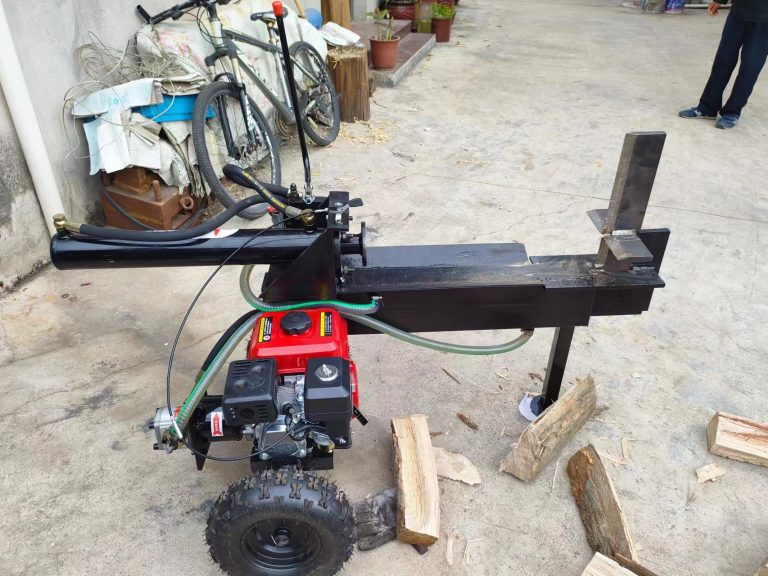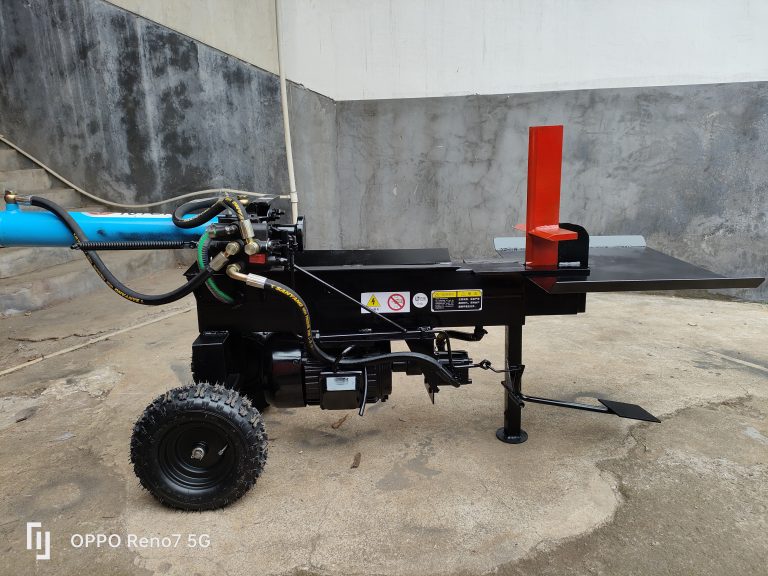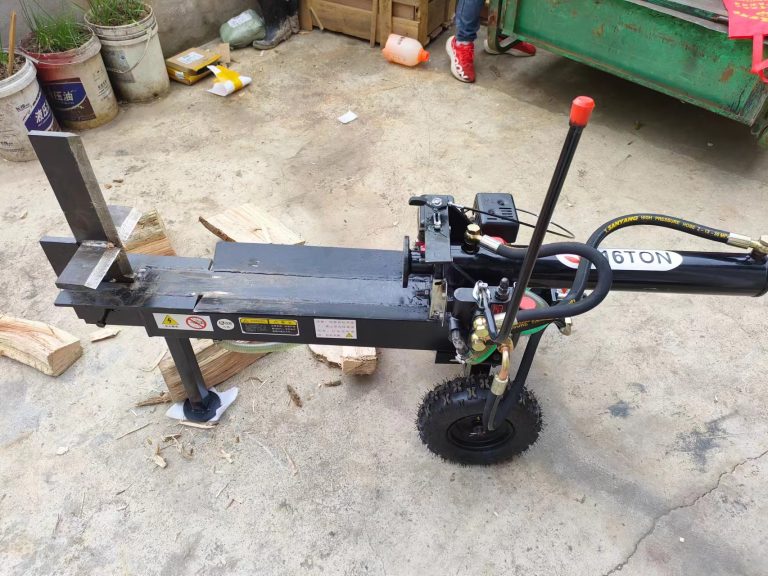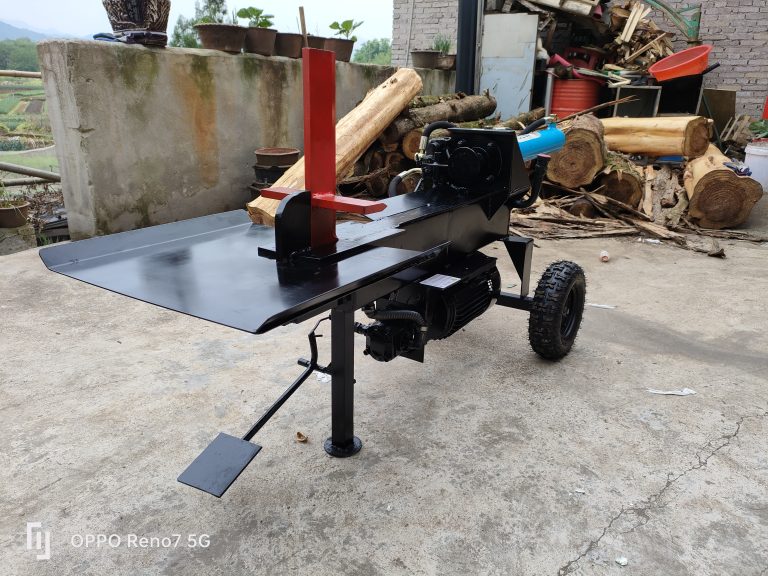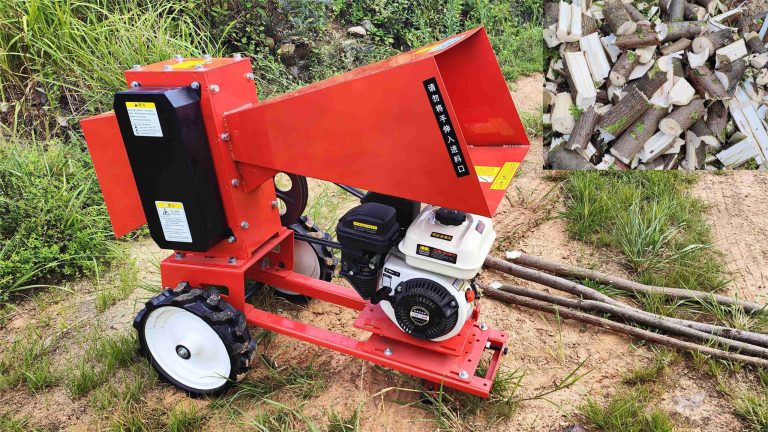Table of Contents
Leaks in Hydraulic Lines
Hydraulic systems are an essential component of wood chopping machines, providing the power necessary to operate various functions such as the cutting blade and log feeding mechanisms. However, like any mechanical system, hydraulic systems can experience problems that can hinder the machine’s performance. One common issue that operators of wood chopping machines may encounter is leaks in the hydraulic lines.
Leaking hydraulic lines can be a significant problem for wood chopping machines, as they can result in a loss of hydraulic fluid, reduced system pressure, and ultimately, a decrease in the machine’s efficiency. Leaks can occur for a variety of reasons, including worn or damaged hoses, loose fittings, or faulty seals. It is essential for operators to regularly inspect the hydraulic lines for any signs of leaks and address them promptly to prevent further damage to the system.
One of the most common causes of leaks in hydraulic lines is wear and tear on the hoses themselves. Over time, hydraulic hoses can become worn down from exposure to high pressures, friction, and environmental factors. This wear can lead to cracks, holes, or other damage that allows hydraulic fluid to escape. Regularly inspecting the hoses for any signs of wear, such as bulges, abrasions, or leaks, can help operators identify and replace damaged hoses before they cause a more significant issue.
In addition to worn hoses, loose fittings can also contribute to leaks in hydraulic lines. Fittings that are not properly tightened can allow hydraulic fluid to escape, leading to a loss of pressure and reduced system performance. Operators should regularly check the fittings on the hydraulic lines and ensure that they are securely tightened to prevent leaks. Using a torque wrench to tighten fittings to the manufacturer’s specifications can help ensure a proper seal and prevent leaks from occurring.
Faulty seals are another common cause of leaks in hydraulic lines. Seals are used to prevent hydraulic fluid from escaping at connection points between hoses, fittings, and other components. If a seal becomes damaged or worn out, it can allow fluid to leak out of the system. Operators should inspect the seals on the hydraulic lines regularly and replace any that show signs of wear or damage to prevent leaks from occurring.
In conclusion, leaks in hydraulic lines are a common problem that operators of wood chopping machines may encounter. These leaks can result from worn hoses, loose fittings, or faulty seals and can lead to a loss of hydraulic fluid, reduced system pressure, and decreased machine efficiency. Regularly inspecting the hydraulic lines for any signs of leaks and addressing them promptly can help prevent further damage to the system and ensure the machine operates at its optimal performance. By taking proactive measures to maintain the hydraulic system, operators can minimize the risk of leaks and keep their wood chopping machines running smoothly.
Contamination of Hydraulic Fluid
Hydraulic systems are an essential component of wood chopping machines, providing the power necessary to operate various functions such as the cutting blade and log feeding mechanisms. However, like any mechanical system, hydraulic systems are prone to certain problems that can affect their performance and efficiency. One common issue that can arise with hydraulic systems in wood chopping machines is contamination of the hydraulic fluid.
| Applicable Industries | Farms, Home Use, Retail, Construction works , Forestry and Garden |
| Type | Wood splitter |
| Power Type | Gasoline/Petrol/Diesel/E-power |
| Splitting Force | 2tons/5tons/10tons/16tons/22tons |
| Maximumn trunk length: | 60cm |
| Maximmn trunk Dia: | 35-55cm |
| Max. Output: | 7.5HP/15HP |
Contamination of hydraulic fluid can occur for a variety of reasons, including the ingress of dirt, debris, water, or other foreign particles into the system. This can lead to a number of problems that can impact the overall performance of the hydraulic system and the wood chopping machine as a whole.
One of the most common problems associated with contaminated hydraulic fluid is reduced efficiency and performance. When foreign particles or water enter the hydraulic system, they can cause damage to the internal components, such as the pump, valves, and cylinders. This can result in decreased power output, slower operation, and overall reduced performance of the wood chopping machine.
Contaminated hydraulic fluid can also lead to increased wear and tear on the components of the hydraulic system. As foreign particles circulate through the system, they can cause abrasion and damage to the internal surfaces of the components, leading to premature failure and the need for costly repairs or replacements.
In addition to reduced efficiency and increased wear and tear, contamination of hydraulic fluid can also lead to overheating of the system. When foreign particles or water are present in the hydraulic fluid, they can inhibit the proper flow of the fluid through the system, causing friction and heat buildup. This can result in overheating of the hydraulic system, which can further exacerbate the problems and lead to more serious issues.
To prevent contamination of the hydraulic fluid in wood chopping machines, it is important to regularly inspect and maintain the hydraulic system. This includes checking for any signs of leaks, damage, or wear on the components, as well as ensuring that the hydraulic fluid is clean and free of any foreign particles.
In addition, it is important to use high-quality hydraulic fluid that is specifically designed for use in wood chopping machines. Using the wrong type of fluid or using contaminated fluid can lead to a host of problems that can impact the performance and longevity of the hydraulic system.
Regularly changing the hydraulic fluid and filters can also help to prevent contamination and ensure the proper functioning of the hydraulic system. By following these maintenance practices and keeping a close eye on the condition of the hydraulic system, wood chopping machine operators can help to prevent common problems associated with contaminated hydraulic fluid and ensure the efficient operation of their equipment.
Malfunctioning Hydraulic Cylinders
Hydraulic systems are an essential component of wood chopping machines, providing the power necessary to operate various functions such as the cutting blade and log feeding mechanisms. However, like any mechanical system, hydraulic systems can experience problems that can hinder the machine’s performance. One common issue that wood chopping machine operators may encounter is malfunctioning hydraulic cylinders.
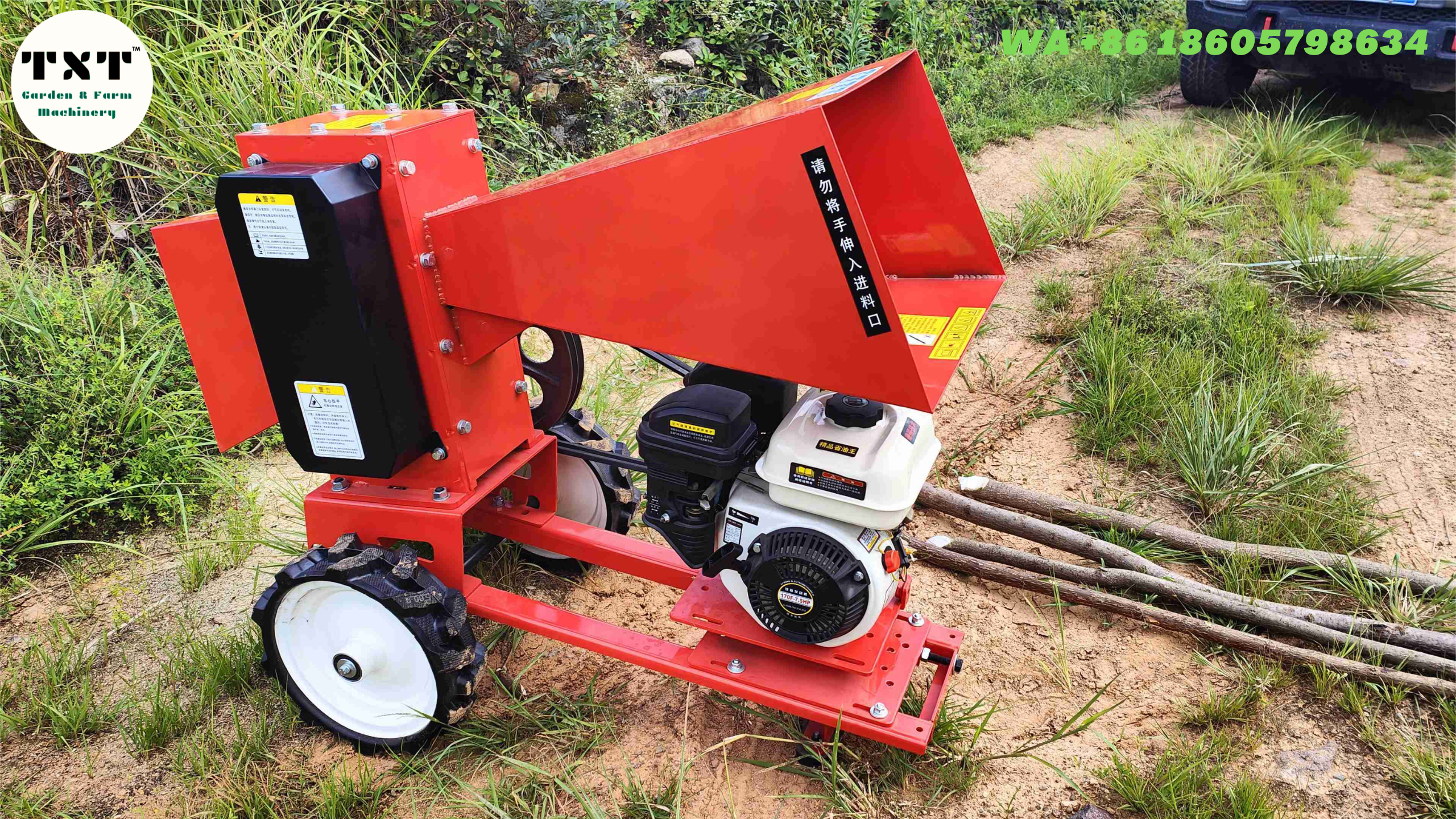
Hydraulic cylinders are responsible for converting hydraulic energy into mechanical energy, which is used to move the various components of the wood chopping machine. When a hydraulic cylinder malfunctions, it can result in a loss of power or control over these components, leading to decreased efficiency and potentially dangerous operating conditions.
One of the most common problems with hydraulic cylinders is leakage. Hydraulic cylinders rely on a sealed system to function properly, and any leaks can result in a loss of hydraulic fluid and a decrease in system pressure. This can lead to sluggish or unresponsive movement of the machine’s components, as well as potential damage to the cylinder itself. Leaks can be caused by a variety of factors, including worn seals, damaged piston rods, or loose fittings. Regular inspection and maintenance of hydraulic cylinders can help prevent leaks and ensure the continued smooth operation of the wood chopping machine.
| Applicable Industries | Farms |
| Type | Wood splitter |
| Power Type | Gasoline |
| Splitting Force | 2tons |
| Maximumn trunk length: | 60cm |
| Maximmn trunk Dia: | 35-55cm |
| Max. Output: | 7.5HP/15HP |
Another common issue with hydraulic cylinders is contamination. Hydraulic systems are highly sensitive to contamination, as even small particles or debris can cause damage to the system components. Contaminants such as dirt, dust, or metal shavings can enter the hydraulic system through various means, including worn seals, damaged hoses, or improper maintenance procedures. Once inside the system, these contaminants can cause abrasion, corrosion, or blockages, leading to decreased performance and potential system failure. Regularly changing hydraulic fluid, using proper filtration systems, and maintaining a clean work environment can help prevent contamination issues with hydraulic cylinders.
In addition to leakage and contamination, hydraulic cylinders can also experience problems such as overheating or improper alignment. Overheating can occur when the hydraulic system is overworked or when there is a lack of proper cooling mechanisms in place. This can cause the hydraulic fluid to break down, leading to decreased lubrication and increased wear on system components. Improper alignment of hydraulic cylinders can result in uneven wear on piston rods, seals, and other components, leading to decreased efficiency and potential system failure. Regularly monitoring system temperatures, ensuring proper fluid levels, and aligning cylinders correctly can help prevent these issues from occurring.
In conclusion, malfunctioning hydraulic cylinders are a common problem that wood chopping machine operators may encounter. Issues such as leakage, contamination, overheating, and improper alignment can all impact the performance and safety of the machine. Regular inspection, maintenance, and proper operating procedures can help prevent these problems and ensure the continued smooth operation of the hydraulic system. By addressing these issues promptly and effectively, operators can maximize the efficiency and longevity of their wood chopping machines.

